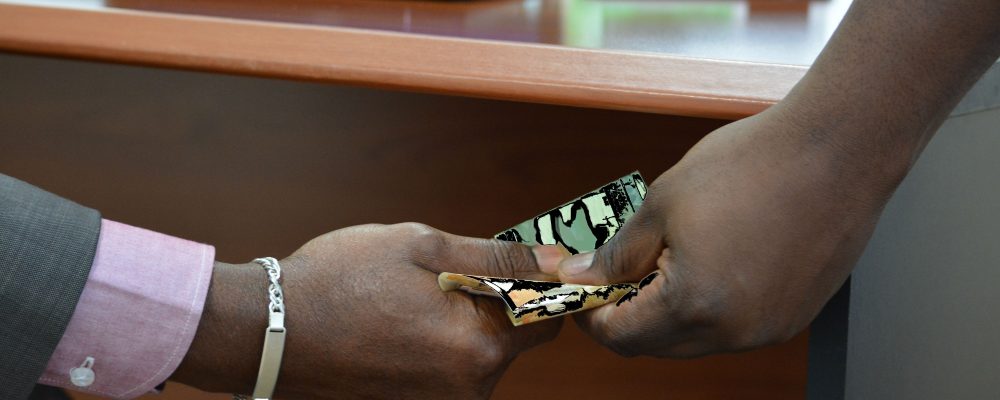Uganda has a large legal regime all designed to govern the anti-corruption policy.
The government has also put in place a rich institutional framework consisting of the Inspectorate of Government (IG) with a constitutional mandate to fight corruption; Office of Auditor General (OAG); Directorate of Public Prosecution (DPP), Criminal Investigation and Intelligence Directorate (CIID); the Public Procurement and Disposal of Public Assets Authority (PPDA); and the Directorate of Ethics and Integrity (DEI), among others, to coordinate anti-corruption policy and to provide political leadership. Recently, the State House Anti-corruption Unit was also constituted to fight corruption.
Despite the existence of this robust legal and institutional framework, the implementation of anti-corruption laws has remained weak. In essence, the Global Integrity Report (2009) found Uganda to have a very good legal framework and was ranked at 99%, but very poor at implementation with a rank of 54%, the 2017 Global Integrity Report stated that Uganda lost $1b annually in illicit flows which included corruption. These institutions have to some extent conducted investigations, prosecuted and interdicted some corrupt officials but with minimal success in recovering public funds.
The weak enforcement of the anti-corruption laws by these institutions is attributed to political interference, lack of funding and understaffing. The weak enforcement has further been compounded by the lack of political will to fight corruption. A 2015 report by Human Rights Watch revealed that fighting corruption and ensuring accountability for theft of state resources is challenging given the entrenched patronage network. Lack of political will has also been manifest through interference in the work of some of the anti-corruption institutions by the Executive. Limited funding to anti-corruption institutions, understaffing and instability of tenure have also been linked to lack of political will. There is also a growing trend of doing things with impunity, with the law enforcers being left powerless to even speak up or act.
Related to weak enforcement, there is still low implementation of recommendations from accountability institutions especially the Inspectorate of Government and Office of the Auditor General. There is also limited coordination and cooperation between these accountability institutions. Each of them is established through an Act of Parliament and has a specific mandate.
There is, however, no institutionalized mechanism for coordinating the operations of each institution. Consequently, there are often instances when two or more institutions deal with the same issue, but from different, often, competing fronts, a situation that compromises investigations and prosecutions of cases of corruption. At times some cases go without proper investigation because of a lack of clarity on which institution is mandated to take lead on handling them.
The weak enforcement of laws and policies has further been manifested by several corruption scandals that have been awash in the media, selective prosecution of corruption suspects, huge accountability report backlogs at Parliament and failure by the Executive to implement accountability recommendations. This has resulted in the loss of public resources and citizen apathy. Accountability institutions have among other factors been weakened by lack of political will to fight graft and failure to implement their recommendations by the Executive.
At a recent online meeting attended by a number of entities, inclusive of whom were Government officials, a principal officer from the Directorate of Ethics and Integrity asked how many of the participants had heard of the National Values for Uganda. It turns out, Uganda has national values that very few outside some of the Government circles in the meeting knew about. These national values speak about a number of things that include the fight against corruption and moral upbringing.
These values, much as they are of paramount importance, are poorly disseminated, for instance, they are not easy to come by when one searches over the internet. The dissemination plan is not clear and they are not taught in schools. Those who know of them assume everybody else knows them and those who do not know about them do not know where to start from when looking for them.
Considering that the legal aspect in the fight against corruption is not yielding the desired result, would it be so much to ask if these values were instead inculcated and shared at all levels of society with the hope that the desired outcome will be achieved?
We have had the laws, we have also had the values, the laws, despite being at 99% existence, have not been effective in curbing the corruption vice, maybe taking on the morality approach could bring the vice down.




